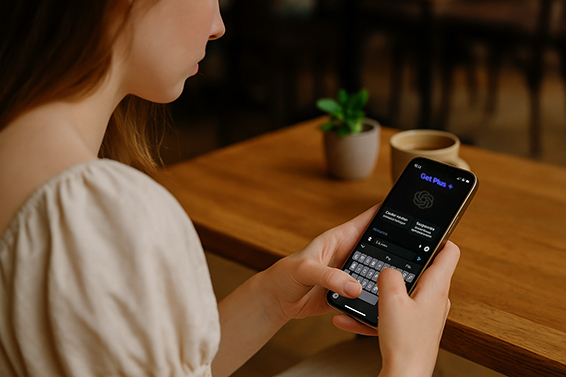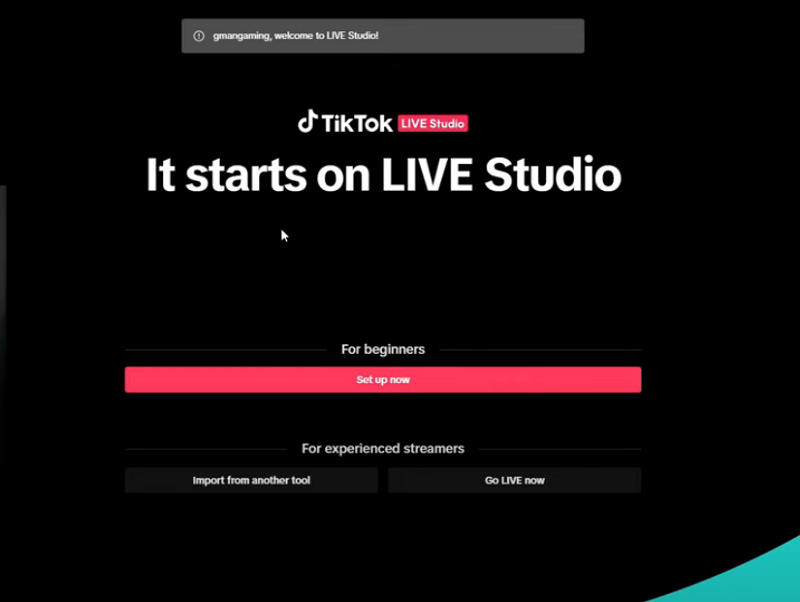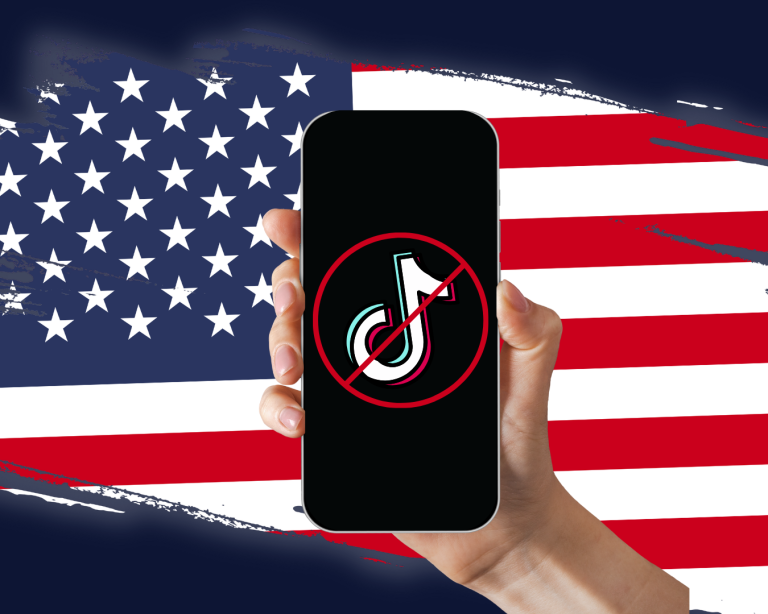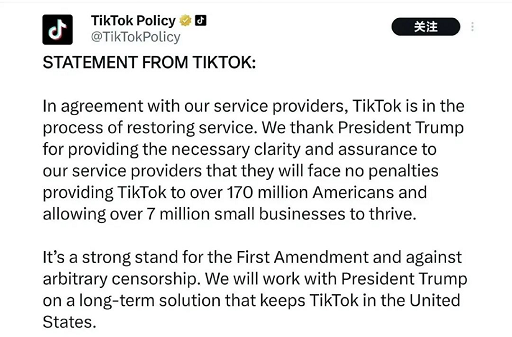Recently, OpenAI officially announced that it will launch a number of important updates related to mental health safety in ChatGPT - not only can it " better identify users' emotional distress ", but it will also pop up a reminder " Do you need to take a break " when used for a long time.
This article explains the rationale behind these updates, their features, and their profound impact on the future of AI.

What is ChatGPT's "mental health protection feature"?
The "mental health protection function" is a series of mechanisms and designs for user psychological safety recently introduced by OpenAI for ChatGPT, aiming to prevent AI from inadvertently reinforcing users' negative emotions, misleading high-risk decisions, and even fostering psychological dependence.
In the past, ChatGPT tended to cater to users—even if users expressed extreme ideas or emotions, it might continue to respond in a coordinated manner. But now, it will act more like a rational reminder rather than a "close friend" who blindly agrees.
In short, when ChatGPT identifies that a user may be in emotional distress, delusional state, or dependent tendency, it will not encourage, cater to, or mislead, but instead adopt a more cautious, neutral, and supportive response.
To this end, OpenAI announced:
"We are working with mental health experts and advisors to train ChatGPT to better identify when users are experiencing emotional distress and recommend evidence-based support resources when necessary."
This suite of protection features includes:
Improved ability to identify emotional or mental distress
Provide scientific and evidence-based auxiliary resources (such as psychological support platforms and professional advice sources)
Remind users if they need a break when the conversation is too long
Remain neutral in high-stakes conversations, offering ideas rather than direct advice
The core purpose of these features is not to make AI "a psychologist", but to minimize the negative psychological consequences caused by AI conversations.
Feature highlights at a glance
1. Optimization of psychological distress detection and response
More proactive identification of "dangerous speech" or "abnormal emotions" signals;
Responses should be gentler and more rational, avoiding "over-echoing";
When high-risk conversation content appears, users will be guided to seek professional help.
2. Added a "rest reminder" pop-up window
When you chat with ChatGPT for too long (e.g. more than tens of minutes), the system will prompt:
"You've been talking for a while now – is now a good time to take a break?"Two options are provided: Continue Chatting or End Conversation.
OpenAI stated that it will continue to adjust the prompt frequency and trigger logic in the future to prevent excessive interruptions.
3. Reduce the tendency to make decisions on "high-risk issues"
For example, facing something like:
"Should I quit my job?"
"Should I break up?"
ChatGPT will no longer give conclusive advice directly, but will help you sort out the pros and cons and guide your own decision-making.
Why is ChatGPT strengthening its mental health efforts?
Recently, some users have reported that ChatGPT, when used with individuals experiencing mental health issues, has actually exacerbated their delusions or emotional dependence. In some cases, family members have even reported that AI conversations may have exacerbated the crisis.
OpenAI admitted that its GPT-4o model "failed to adequately identify signs of delusion or emotional dependence" in this regard and said it would:
Collaborate with mental health professionals and advisory groups;
Providing evidence-based psychological resources (e.g. links to psychological counseling, recommendations for emergency assistance);
Adjust the AI's expression style so that it no longer appears "overly certain" in high-stakes questions.
How to treat AI conversations more rationally?
To prevent AI from becoming a tool for amplifying emotions rather than regulating them, here are some practical suggestions:
1. When you feel down, seek help from real people first
AI isn't a true friend, nor can it replace a therapist. If you experience chronic depression, anxiety, or loneliness, please seek professional help offline or contact a psychological hotline immediately.
2. Don't let AI be the "judge of your life"
ChatGPT is great for organizing your thoughts on relationships, work, and life planning, but it can't make decisions for you. The final decision should be yours.
3. Set a chat time limit
Set a daily "upper limit" for using ChatGPT (such as 30 minutes) to prevent yourself from wasting time chatting late at night.
4. Use AI's "tool-type" functions more often
For example, let it help you summarize articles, make study plans, write work emails, and make PPTs, rather than having long emotional outbursts.
5. Actively report abnormal content
If you find that ChatGPT's answers make you feel uneasy or troubled, don't hesitate to click the "Best Reply" and "Wrong Reply" buttons in the upper right corner to provide feedback and help OpenAI improve the model.
Industry trends in AI and mental health
Character.AI: A safety feature has been launched that allows parents to monitor their children's conversation history.
TikTok, YouTube, Xbox and other platforms: universal introduction of "usage time reminders"
Meta AI × WHO Collaboration: Exploring the Boundaries and Rules of AI in Emotional Counseling and Psychiatric Assisted Treatment
Summary
ChatGPT's intelligence is becoming increasingly human-like, but we can't assume it truly understands you. Empathy can bring emotional comfort, but it can also lead to dependence.
In the future, it will become more and more like a "friend", but we must remind ourselves that it is not your life consultant or your spiritual savior.
What do you think about the role of AI in mental health?



